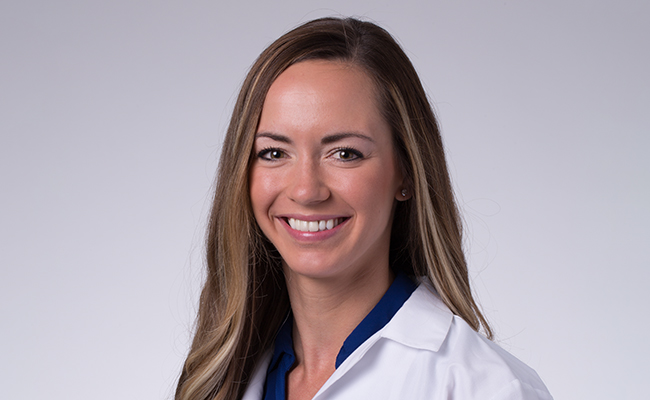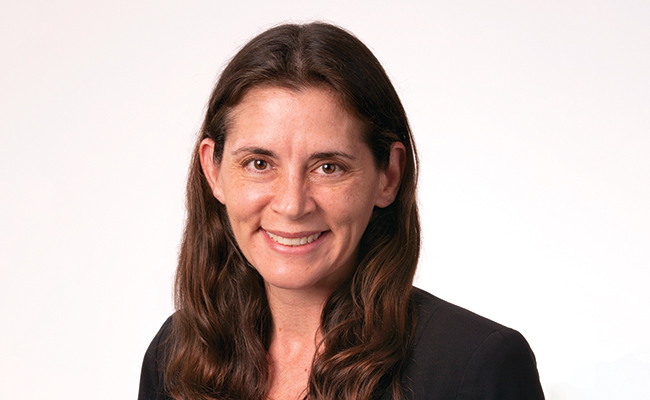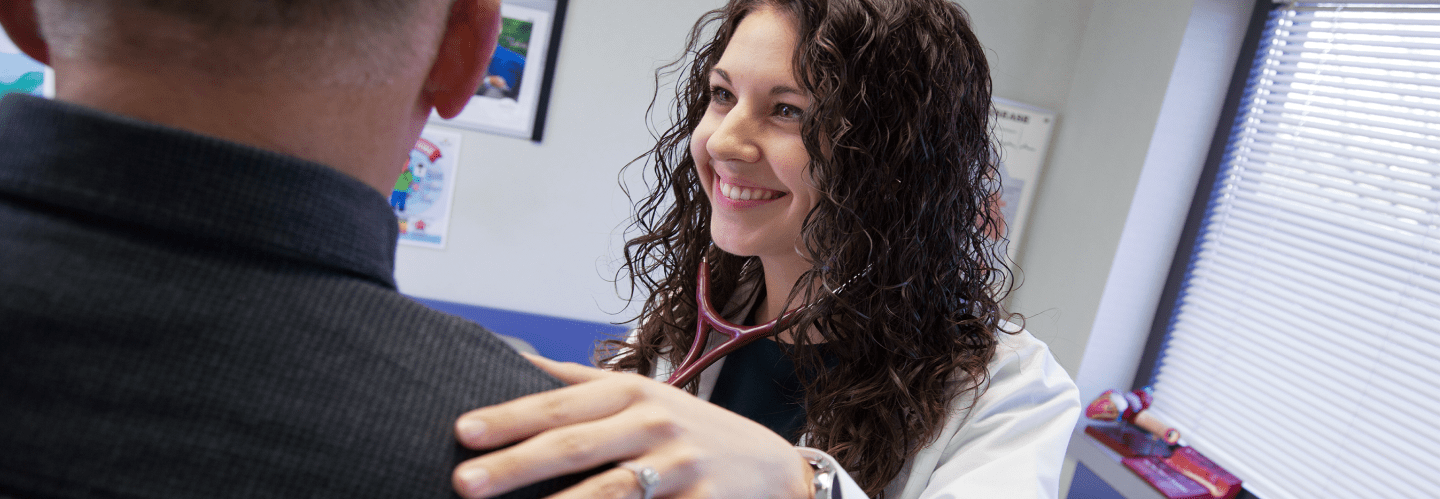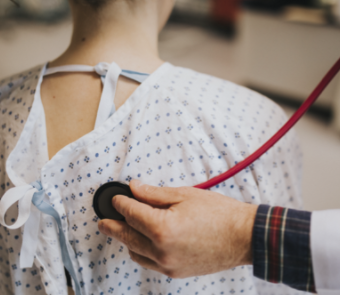When your lungs are working well, you hardly think of them. They, along with other parts of the respiratory system, help you breathe and automatically move fresh air, especially oxygen, into your body while removing waste gases. Every cell in your body needs oxygen to live, making your lungs an essential part of your body. There are several tips you can follow to help keep your lungs healthy and strong.
First off, don’t smoke. That includes e-cigarettes and vaping. Cigarette smoking is the major cause of lung cancer and chronic obstructive pulmonary disease (COPD). It can narrow the air passages and cause chronic inflammation, making breathing more difficult. Over time, smoke also destroys lung tissue and may trigger changes that grow into cancer. While the evidence is still emerging around e-cigarettes, they can irritate the lungs and there have been recent reports of serious lung disease in people using them. If you currently smoke, it’s never too late to benefit from quitting. Mount Nittany Health offers smoking cessation classes and counseling services.
Do what you can to avoid exposure to indoor pollutants. Secondhand smoke can hurt your lungs too, so make your home and car smoke-free. Test your home for radon—a colorless, tasteless, and odorless gas that can cause lung cancer. Talk with your healthcare provider if you are concerned that something in your home, school, or work may be making you sick.
No matter your age, body type, or physical abilities, exercise can help keep your lungs healthy. When you are physically active, your heart and lungs work harder to supply your muscles with the additional oxygen they need. Just as a regular exercise routine makes your muscles stronger, it also makes your lungs and heart stronger.
As your physical fitness improves, your body becomes more efficient at getting oxygen into the bloodstream and to your muscles—this is one of the reasons you become less short of breath during exercise over time. Some types of exercise can also strengthen the muscles of your neck and chest, including the diaphragm and muscles between your ribs that help power inhaling and exhaling.
National guidelines recommend that all adults get 30 minutes of moderate activity five days a week. Formal exercise programs are one option, but you can also walk briskly, go for a bike ride, garden, or do housework. Both aerobic and muscle-strengthening activities can be beneficial for your lungs. Aerobic activities like walking, running, or jump rope help your lungs function more efficiently. Muscle-strengthening activities like weight-lifting or Pilates build core strength, improve your posture, and tone your breathing muscles.
Always talk to your doctor before you start or modify an exercise routine. Especially for those with underlying health conditions like lung disease, it’s important to work with your healthcare team to develop a fitness plan that makes sense for you.
Get regular check-ups, even if you feel fine. Regular check-ups can help prevent diseases, especially lung disease, which sometimes goes undetected until it is serious. Your healthcare provider will listen to your breathing and talk with you about your concerns.
If you are at higher risk for lung issues, such as a current or former smoker, have a history of second hand smoke exposure, have a history of asthma, or experience occupational exposure to pollutants, discuss pulmonary function testing with your provider. These are noninvasive tests that show how well your lungs are working and can help your provider diagnose and decide on treatment for certain lung disorders. Additionally, if you are a current or former smoker, consider a low dose CT lung cancer screening (LDCT), which is an established tool to catch cancer early in the course when treatment may work better.
For patients with long-term, serious lung disease, Mount Nittany Health offers a pulmonary rehabilitation program. Using exercise, education, and support, the program is designed to provide structured, monitored physical activity to improve breathing and quality of life for patients.











